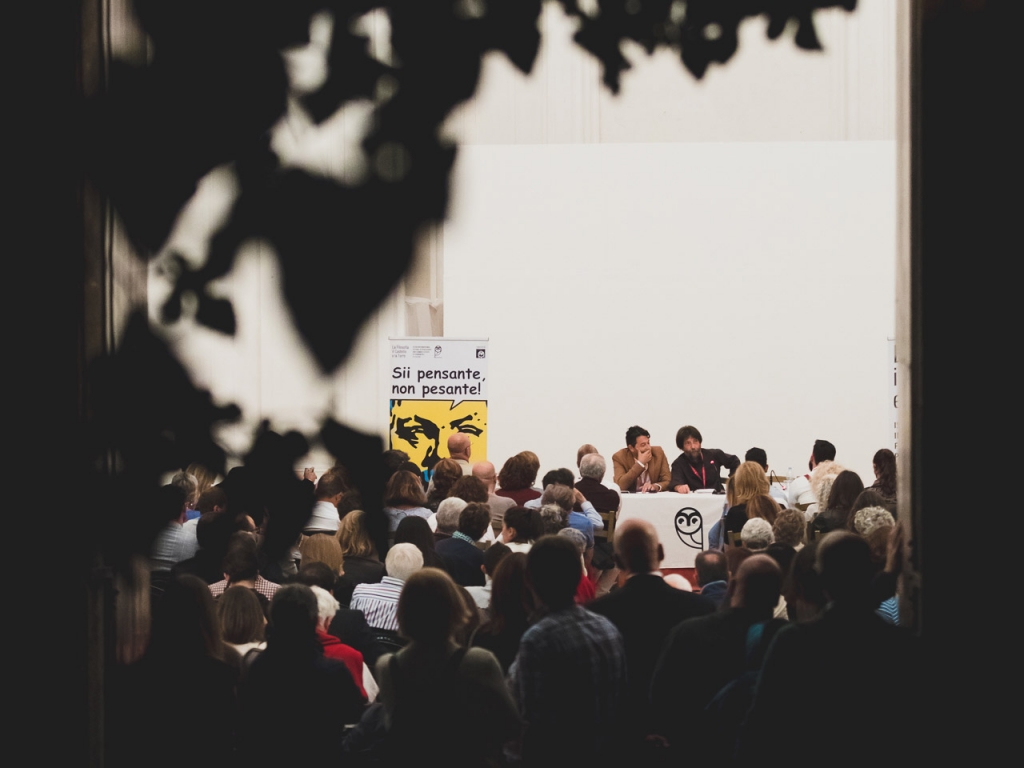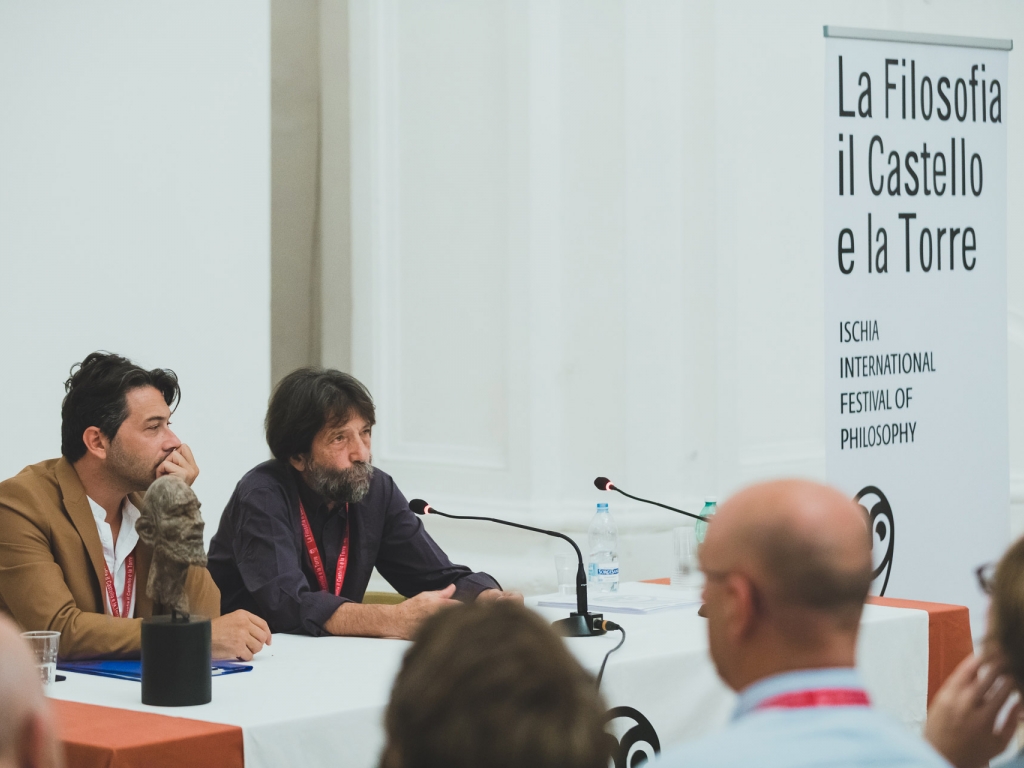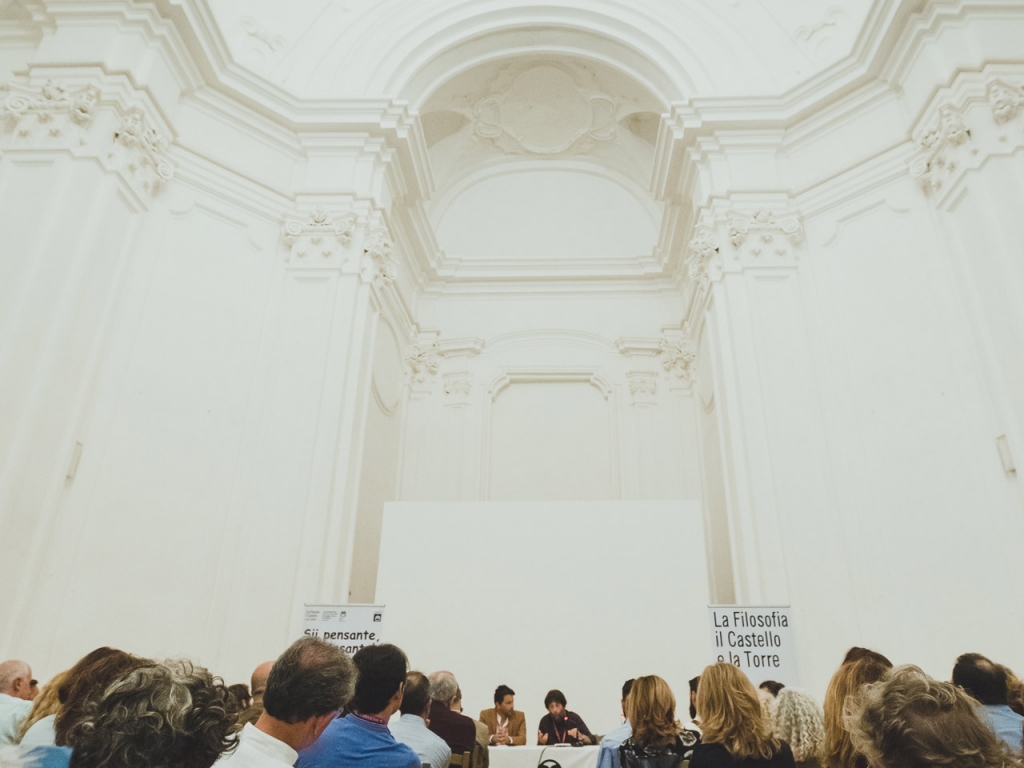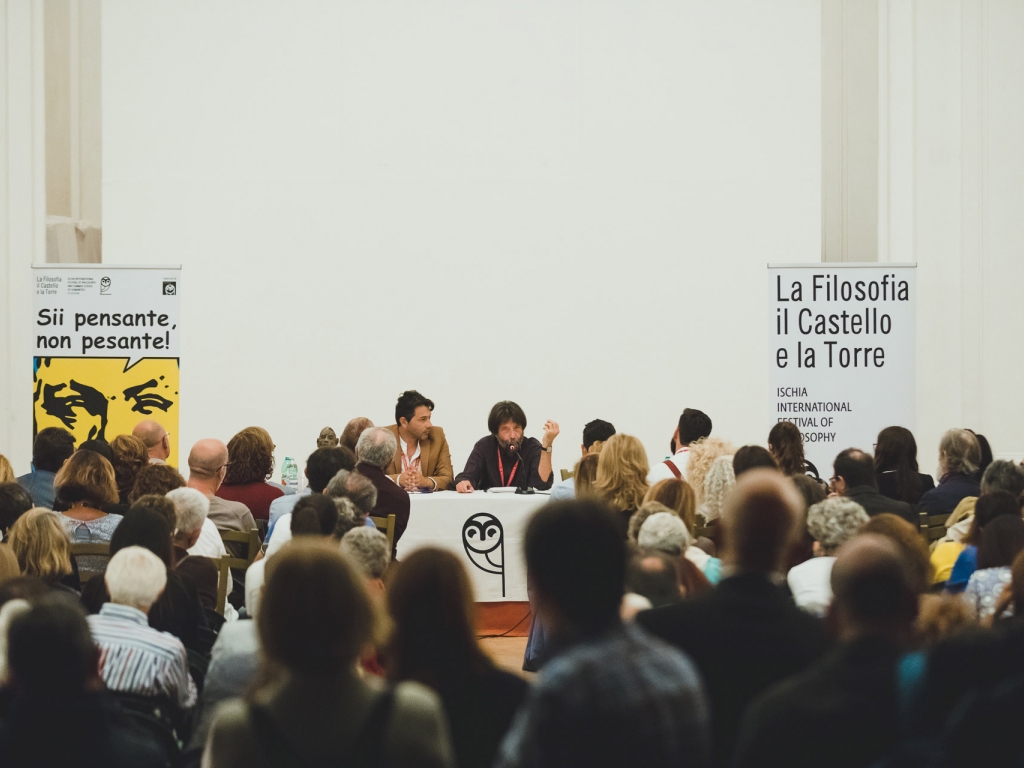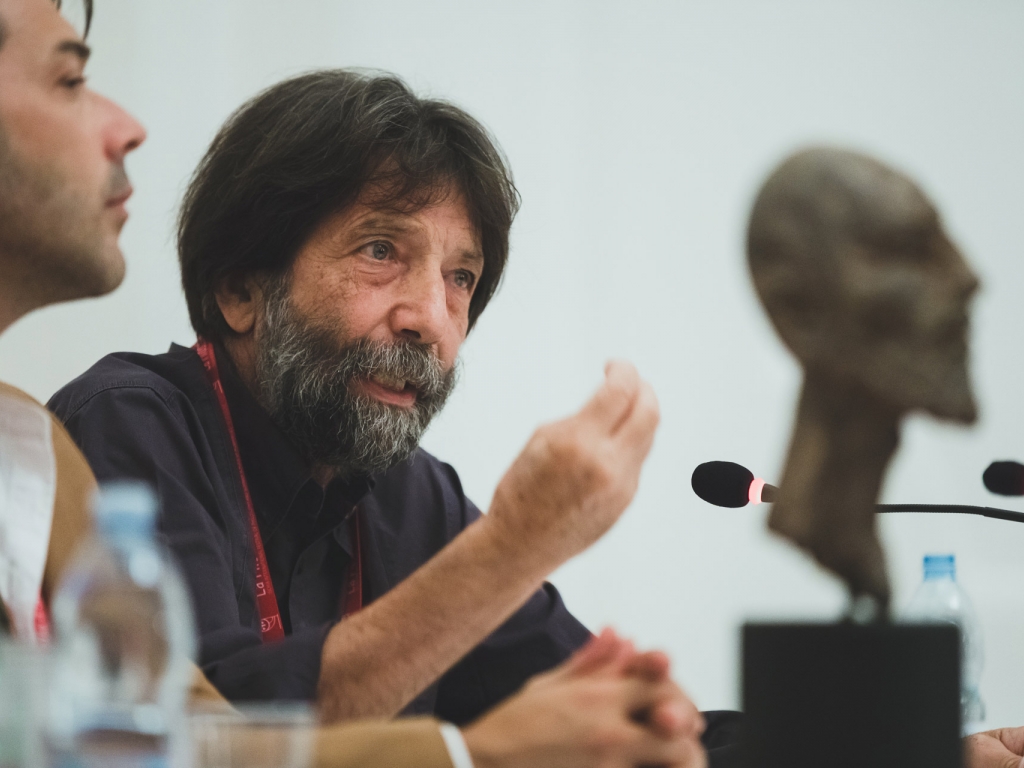La Filosofia, il Castello e la Torre - 4th edition
International Festival of Philosophy
4th edition: Human nature
Napoli: 15 september 2018 | Ischia Island: 23 - 30 september 2018
Information and program: www.lafilosofiailcastellolatorre.it
Friday 28 september 2018, Chiesa dell'Immacolata, at 20:30
Herder’s Naturalism: Lectio Magistralis by Michael Forster (Bonn University, Germany)
Saturday 29 september 2018, Chiesa dell'Immacolata, at 20:30
Physis: Lectio Magistralis by Massimo Cacciari (Università Vita-Salute San Raffaele, Milano)
To discuss the subject of human nature means to think again about the kinds of philosophical dilemmas that lie at the core of the history of thought: the dichotomies between soul and body, rationality and sensibility, nature and culture, man and god. Can one science consider the totality of our “being natural”? How is our activity on Earth shaping nature itself? It looks like our world is sending us signals of distress and danger. Nature is our mother and provides us nurture, but is also the realm of danger, and the dimension where our own existence is put into question.
Questions about cloning, digital death, artificial intelligence, transfer of consciousness and the uses of biomechanics are essential to these considerations, and they occupy a significant space in our cultural debates. The empowerment of our species seems to be a very important issue to explore if we hope to understand how future generations, in their own present position, can develop, and if they have to take distance from a “technological nature” which pushes them away from nature itself. We often consider technology as a synonym for intelligence and thus as a sign of our supremacy to other species that live on this earth. Technology has thus been substituted for the images of nature and God, and human beings seem to take this substitution as the only chance one has to save their future. Technology represents a nucleum of infinite possibilities to share. But can we manage all the problems we are facing through the advent of technology?
Can we think of progress in communications, medicine and artificial intelligence without considering a safe use of it? Will someone announce the death of technology as it happened for God? And will we need to imagine such a death for real progress?
If we consider philosophical currents as Posthumanism and Transhumanism, in which human being is portrayed as a hybrid, we must reconsider the ontological question: do we need to overcome limits of time and space and matter? Will human being reach a superior intelligence through biotechnology? How much does “our” nature, human nature, coincide with the totality of what we can call “natural”? And if there is no identity, how does nature’s resistance to our will to shape it manifest itself? How well can we understand the human position in the flux of nasci as a privileged one, at once from an ontological, epistemological and ethical point of view? What is our image of nature in general? What does it mean, today, to ask ourselves about the sense of “naturalism”? How does philosophy think about physis in our contemporary scenario, where what we call “physics” proceeds without any apparent need for philosophical support?
(Photos: © Marco Albanelli - Castello Aragonese d'Ischia)
